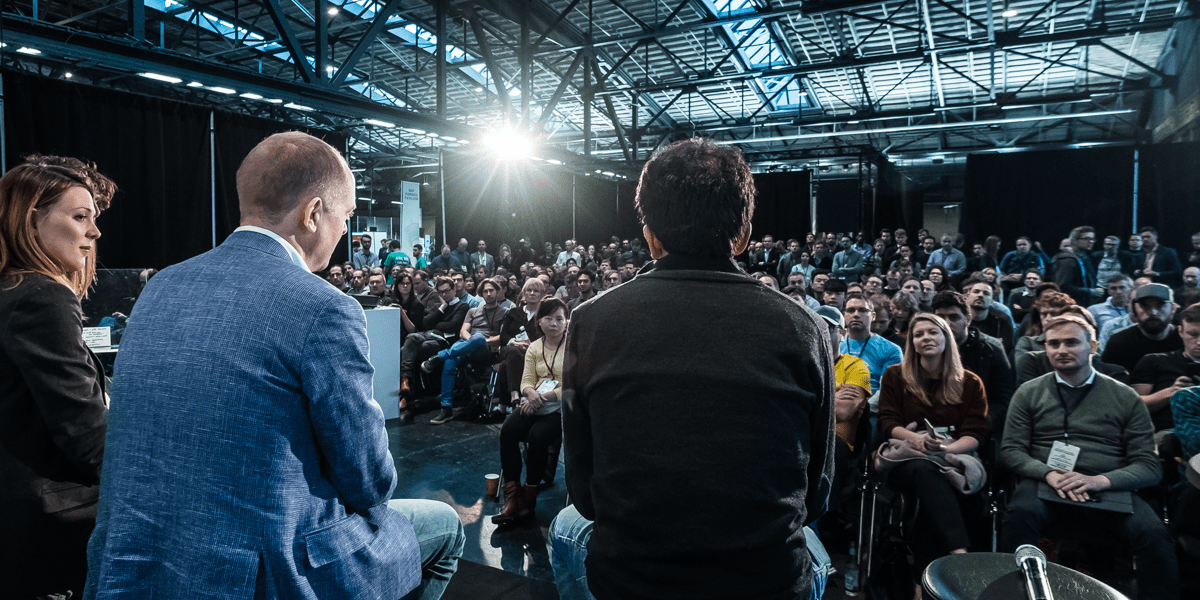
automattic files counterclaims against wp engine in Automattic has initiated counterclaims against WP Engine, asserting that the company misused WordPress and WooCommerce trademarks, misled users, and undermined the open-source community.
automattic files counterclaims against wp engine in
Background of the Dispute
The conflict between Automattic and WP Engine has emerged as a significant legal battle within the WordPress ecosystem. Automattic, the parent company of WordPress.com and a major contributor to the WordPress open-source project, has long been a proponent of the platform’s principles, including transparency and community collaboration. WP Engine, a leading managed WordPress hosting provider backed by private equity firm Silver Lake, has positioned itself as a key player in the WordPress hosting market.
This legal confrontation began when Automattic accused WP Engine of trademark infringement and unfair competition. The allegations center around WP Engine’s use of the WordPress and WooCommerce names in a manner that Automattic claims could confuse users and misrepresent the relationship between the two companies. The counterclaims filed by Automattic aim to clarify the boundaries of trademark use and to protect the integrity of the WordPress brand.
Details of the Counterclaims
Automattic’s counterclaims detail several specific allegations against WP Engine:
- Trademark Misuse: Automattic asserts that WP Engine has improperly used the WordPress and WooCommerce trademarks in its marketing materials and services. This misuse, according to Automattic, not only violates trademark law but also threatens the reputation of the WordPress brand.
- User Misleading: The counterclaims allege that WP Engine has engaged in practices that could mislead users regarding the nature of its services and its relationship with the WordPress community. This includes claims that WP Engine’s branding suggests a closer affiliation with WordPress than exists.
- Undermining Open Source Principles: Automattic argues that WP Engine’s actions undermine the foundational principles of the open-source community. By allegedly misrepresenting its offerings, WP Engine could be seen as prioritizing profit over the collaborative spirit that drives the WordPress project.
Legal Implications
The legal implications of this dispute are significant, not only for the parties involved but also for the broader WordPress ecosystem. Trademark law is designed to protect brand integrity and consumer trust. If Automattic’s claims are upheld, it could set a precedent regarding how trademarks are used within the open-source community.
Furthermore, the outcome of this case may influence how companies operating in the WordPress space market their services. A ruling in favor of Automattic could lead to stricter guidelines on the use of WordPress-related trademarks, potentially reshaping the competitive landscape of WordPress hosting providers.
Stakeholder Reactions
The response from stakeholders within the WordPress community has been varied. Many developers and users have expressed support for Automattic, emphasizing the importance of protecting the integrity of the WordPress brand. The open-source community has long valued collaboration and transparency, and there are concerns that WP Engine’s alleged actions could erode these principles.
Conversely, WP Engine has defended its practices, asserting that its use of the WordPress and WooCommerce trademarks is legitimate and falls within the bounds of fair use. The company argues that its marketing efforts are intended to highlight the benefits of its services to WordPress users, rather than to mislead or confuse them.
Community Perspectives
Community perspectives on the issue are crucial, as they reflect the broader sentiment within the WordPress ecosystem. Many community members have taken to forums and social media to voice their opinions. Some argue that WP Engine’s actions are detrimental to the collaborative spirit of open source, while others believe that the company is simply trying to compete in a crowded market.
Developers, in particular, have expressed concern over the potential ramifications of this lawsuit. If Automattic prevails, it could lead to increased scrutiny of how companies utilize WordPress-related branding. This may result in a chilling effect on innovation and competition, as smaller firms may be deterred from using the WordPress name in their marketing efforts.
Broader Context of Trademark Issues in Open Source
This legal battle is not an isolated incident; it reflects broader trends regarding trademark issues within the open-source community. As open-source software continues to gain popularity, the question of how to protect intellectual property while fostering collaboration becomes increasingly complex.
Open-source projects often rely on community contributions and shared branding. However, as commercial interests enter the space, conflicts can arise. Companies that build on open-source platforms may find themselves navigating a minefield of trademark regulations, particularly when their branding overlaps with established projects.
In recent years, several high-profile cases have highlighted the challenges of trademark enforcement in the open-source arena. These cases often raise questions about the balance between protecting brand integrity and allowing for healthy competition. The Automattic vs. WP Engine case is poised to add another layer to this ongoing discourse.
Potential Outcomes and Their Implications
The potential outcomes of this lawsuit could have far-reaching implications for the WordPress community and the open-source ecosystem at large. If Automattic’s counterclaims are successful, it could lead to:
- Stricter Trademark Enforcement: A ruling in favor of Automattic could result in more stringent enforcement of trademark laws within the WordPress ecosystem, impacting how companies market their services.
- Increased Clarity on Fair Use: The case could clarify the boundaries of fair use in the context of open-source branding, providing guidance for companies operating in this space.
- Impact on Community Collaboration: A shift in trademark enforcement could either bolster or hinder collaboration within the WordPress community, depending on how companies adapt to the new legal landscape.
Conclusion
The legal battle between Automattic and WP Engine underscores the complexities of trademark use within the open-source community. As both companies prepare for the next stages of litigation, the outcome of this case will likely resonate beyond their immediate interests, influencing how businesses engage with open-source projects and how the community navigates the delicate balance between collaboration and competition.
As the WordPress ecosystem continues to evolve, stakeholders will be watching closely to see how this dispute unfolds and what it means for the future of open-source software.
Source: Original report
Was this helpful?
Last Modified: October 24, 2025 at 8:39 pm
1 views















